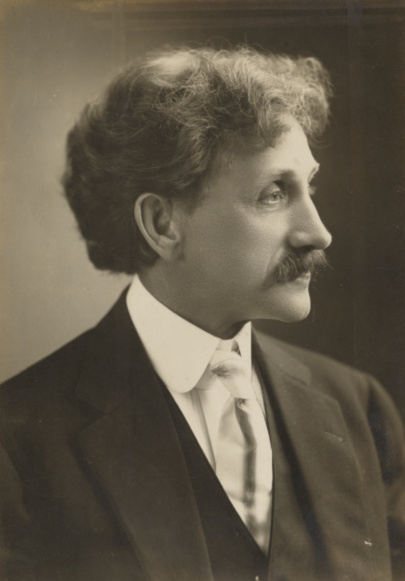"Discovering Darwin", Proceedings of the International Anti-Vivisection and Animal Protection congress, held at Washington, D.C. December 8th to 11th, 1913 (1913), p. 156
J. Howard Moore: Citáty anglicky
"Discovering Darwin", Proceedings of the International Anti-Vivisection and Animal Protection congress, held at Washington, D.C. December 8th to 11th, 1913 (1913), p. 152
"Human Nature is Defective", speech to the Young People's Socialist League, The Chicago Tribune, 20 Oct. 1910
Zdroj: "Human Nature is Defective", speech to the Young People's Socialist League, The Chicago Tribune, 20 Oct. 1910
"Human Nature is Defective", speech to the Young People's Socialist League, The Chicago Tribune, 20 Oct. 1910
Zdroj: " Humanitarianism in the Schools https://chroniclingamerica.loc.gov/lccn/sn89081128/1909-10-13/ed-1/seq-5/", New Ulm review, 13 Oct. 1909
Debate with Laurence Gronlund, quoted by Karen Iacobbo and Michael Iacobbo in Vegetarian America: A History (2004), p. 121
are questions that assail with relentless emphasis the consciences of a great people.
"America's Apostasy", Chicago Chronicle, 6 Mar. 1899
" The Unconscious Holocaust https://archive.org/details/theunconsciousholocaust-jhowardmoore", Good Health: A Journal of Hygiene, Vol 32, Iss. 2, 1 Feb. 1897, p. 75
"Preface"
Why I Am a Vegetarian: An Address Delivered before the Chicago Vegetarian Society (1895)
“We are striving for the amelioration of this suffering world. Let us be economical.”
Zdroj: Why I Am a Vegetarian: An Address Delivered before the Chicago Vegetarian Society (1895), pp. 43–44
Zdroj: The New Ethics (1907), The Perils of Over-population, pp. 157–158
Zdroj: The New Ethics (1907), The Perils of Over-population, p. 154
Zdroj: The New Ethics (1907), The Perils of Over-population, p. 152
“No being will do his most luminous and exalted thinking with his stomach a morgue.”
Zdroj: The New Ethics (1907), The Food of the Future, p. 137
Zdroj: The New Ethics (1907), The Cost of a Skin, p. 74
Zdroj: The New Ethics (1907), Human Attitude Toward Others, p. 49
Zdroj: The New Ethics (1907), The Food of the Future, p. 132
Zdroj: The New Ethics (1907), The Food of the Future, pp. 131–132
Zdroj: The New Ethics (1907), Is Man a Plant-Eater?, p. 130
Zdroj: The New Ethics (1907), Is Man a Plant-Eater?, pp. 111–112
Zdroj: The New Ethics (1907), What Shall We Eat?, pp. 92–93
Zdroj: The New Ethics (1907), What Shall We Eat?, p. 92
Zdroj: The New Ethics (1907), What Shall We Eat?, p. 78
Zdroj: The New Ethics (1907), The Cost of a Skin, pp. 74–75
Zdroj: The New Ethics (1907), The Cost of a Skin, pp. 70–71
Zdroj: The New Ethics (1907), The Thesis of the New Ethics, p. 37
“The animal kingdom has been reared in a gory cradle.”
Savage Survivals (1916), Savage Survivals in Higher Peoples (Continued)
Zdroj: "The Fighting Instinct", p. 138 https://archive.org/details/savagesurvivals00moorrich/page/138/mode/1up
Zdroj: The New Ethics (1907), Silent Martyrs of Civilization, p. 65
Zdroj: The New Ethics (1907), Silent Martyrs of Civilization, p. 64
